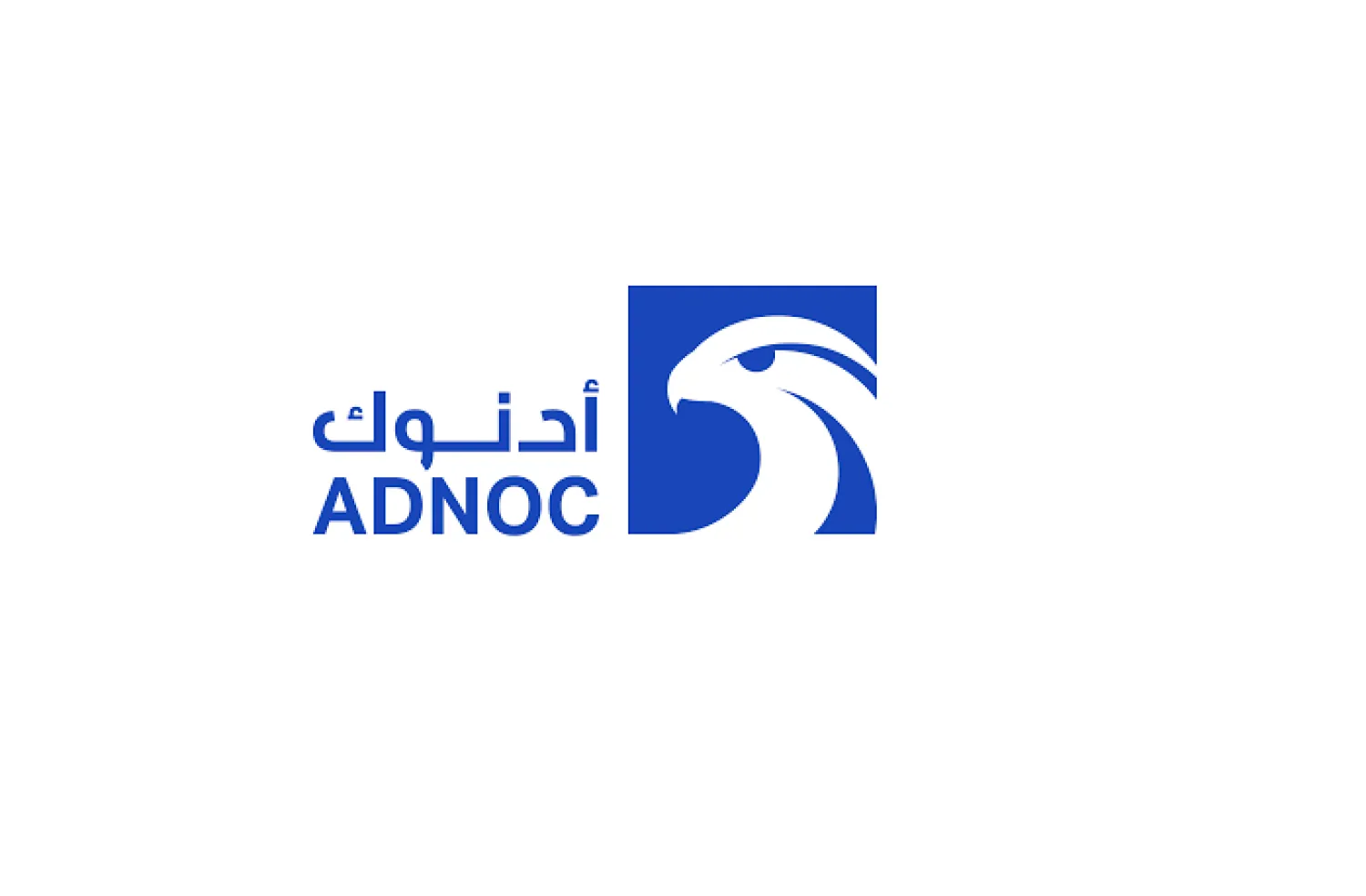Abu Dhabi National Oil Company (ADNOC) announced on Monday the signing of an exploration concession agreement with a consortium led by Eni Abu Dhabi, a subsidiary of Italy’s energy giant, and PTTEP MENA, a unit of Thailand’s PTT Exploration and Production Public Company Limited (PTTEP).
The award has been approved by Abu Dhabi’s Supreme Petroleum Council (SPC). It follows ADNOC’s award earlier this month of an onshore block to Occidental, highlighting how ADNOC continues to leverage and strengthen its strategic partnerships to accelerate the exploration and development of Abu Dhabi’s hydrocarbon resources.
The exploration concession agreement was signed by Dr. Sultan bin Ahmed Al Jaber, Minister of Industry and Advanced Technology and ADNOC Group CEO; Claudio Descalzi, CEO of Eni; and Phongsthorn Thavisin, CEO of PTTEP, state news agency WAM reported.
For his part, Dr. Al Jaber said: "This concession award reinforces ADNOC and Eni’s growing partnership across our value chain and deepens our relationship with Thailand’s PTTEP, one of the key markets for our crude oil and products."
"Despite volatile market conditions, we are making very good progress in delivering Abu Dhabi’s second competitive block bid round, underscoring our world-class resource potential and the UAE’s stable and reliable investment environment."
Under the terms of this agreement, Eni will operate the exploration phase of the concession, and PTTEP and Eni will collectively hold a 100 percent stake in the exploration phase, investing up to AED1.51 billion ($412 million) towards exploration and appraisal drilling, including a participation fee, to explore for and appraise oil and gas opportunities in Offshore Block 3.
Commenting on the deal, Descalzi said the award "follows the one achieved by the same consortium in 2019 for offshore exploration Blocks 1 and 2 and represents a further important step towards the realization of Eni’s strategy to become a leading actor in the development and production in Abu Dhabi, a leading region for the oil and gas industry, while contributing through its expertise in exploration to add further resources and exploit all potential synergies with the surrounding fields."
"It also further strengthen our relationship with our valuable partner PPTEP. Offshore Block 3 represents a challenging opportunity that can unlock significant value thanks to exploration and appraisal of shallow and deep reservoirs."
Following successful commercial discovery during the exploration phase, Eni and PTTEP will, together, have the right to a production concession to develop and produce such commercial discoveries.
ADNOC has the option to hold a 60 percent stake in the production phase of the concession. The term of the production phase is 35 years from the commencement of the exploration phase.
Thavisin said: "This concession award offers another great opportunity for PTTEP to strengthen collaboration with world-class strategic partners Eni and ADNOC. The consortium will bring capabilities, experiences and technology to accelerate the development of Offshore Block 3, as well as Offshore Blocks 1 and 2, and lead to a successful discovery. The strategic partnership has been established to jointly contribute to the petroleum development in UAE and be part of the growing industry.
"Meanwhile, this business progress has also reinforced our presence in the Middle East following the company’s Execute and Expand strategy. Such approach aims to sustainably increase both petroleum reserves and production in the future."
Offshore Block 3 covers an offshore area of 11,660 square kilometres northwest of Abu Dhabi city. New 3D seismic data has been acquired for a part of the block, which, combined with its proximity to the existing onshore oil and gas fields, suggests the concession area has promising potential.









